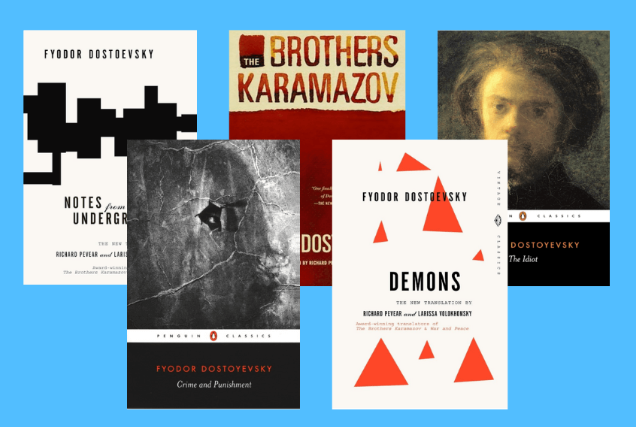Exploring the Depths of the Human Psyche: A Guide to Dostoevsky’s ‘Crime and Punishment’
Dostoevsky’s Masterpiece
Fyodor Dostoevsky’s novel ‘Crime and Punishment’ is a classic work of Russian literature that delves into the complex depths of the human psyche.
A Portrait of Raskolnikov
The story follows the protagonist, Rodion Raskolnikov, a young and impoverished former student who commits a brutal murder and grapples with the moral, psychological, and emotional consequences of his actions.
Themes of Guilt and Redemption
One of the central themes of the novel is the exploration of guilt and redemption, as Raskolnikov wrestles with his conscience and struggles to come to terms with the enormity of his crime.
The Inner Turmoil of Raskolnikov
Throughout the novel, Dostoevsky expertly delves into the inner turmoil of Raskolnikov, exposing his conflicting emotions, his psychological breakdown, and his ultimate journey towards redemption and spiritual renewal.
The Psychology of Crime
Dostoevsky’s exploration of the psychology of crime and punishment is both profound and thought-provoking, as he delves into the complexities of human nature and the moral dilemmas that arise when one is faced with the consequences of their actions.
A Haunting Reminder of Human Fragility
‘Crime and Punishment’ serves as a haunting reminder of the fragility of the human psyche and the eternal struggle between good and evil that exists within us all.
In conclusion, Dostoevsky’s ‘Crime and Punishment’ is a timeless masterpiece that continues to captivate readers with its profound exploration of the human psyche. Through the character of Raskolnikov, Dostoevsky delves deep into the complexities of guilt, redemption, and the eternal battle between morality and sin. It is a novel that challenges readers to confront their own inner demons and grapple with the complexities of the human condition.
